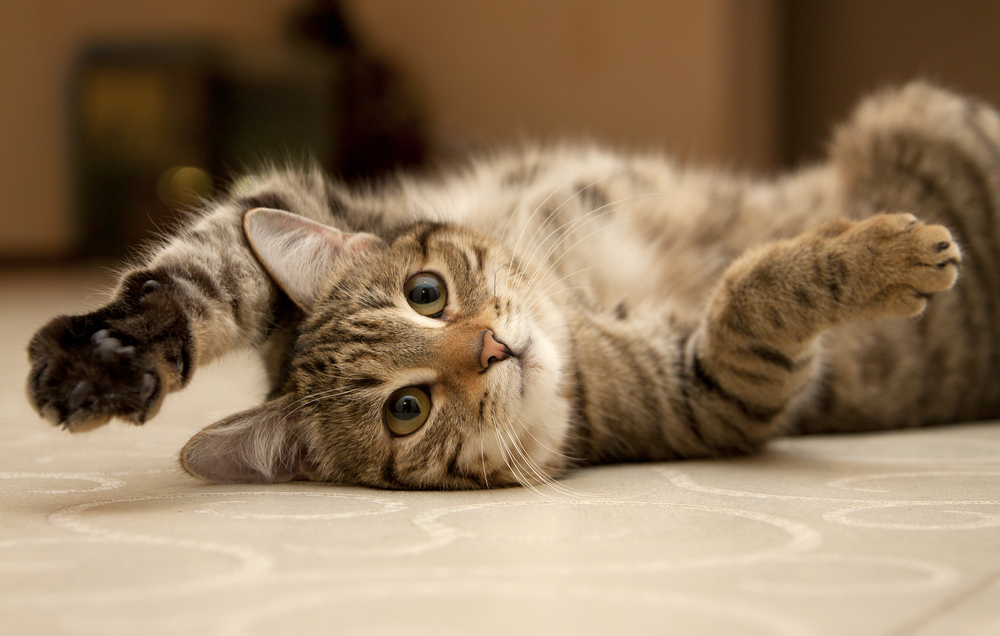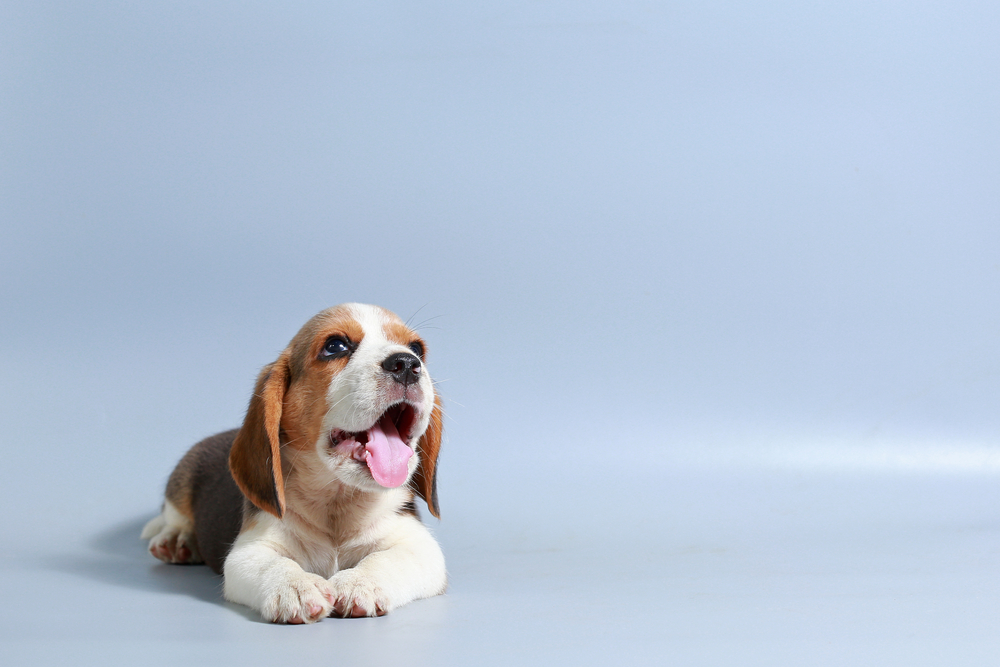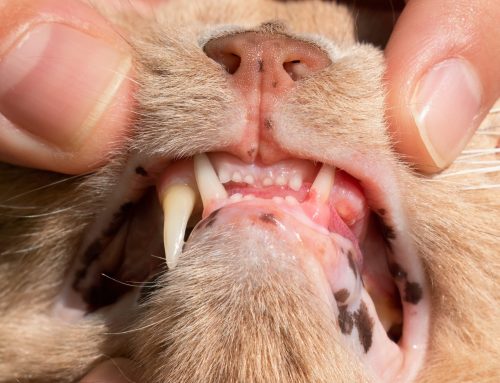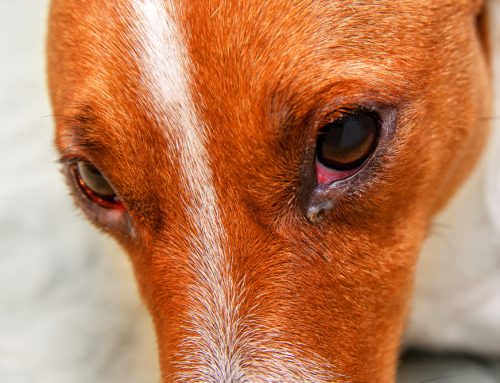When your car needs repairs, do you take it to the first mechanic you find? Or, do you ask for recommendations from family and friends, read online reviews, and choose a qualified mechanic based on the advice? People usually turn to friends and read reviews before trusting a stranger with the care of their vehicle, home, children, or pets. At our hospital, we are proud of our accreditation by the American Animal Hospital Association (AAHA), the only association to accredit companion animal veterinary hospitals throughout the U.S. and Canada. Veterinary clinics, unlike human hospitals, aren’t required to become accredited, but given the option, wouldn’t you choose an accredited clinic? Here’s how AAHA-accredited hospitals provide the gold standard of care for your pet:
AAHA evaluates hospitals on approximately 900 standards of veterinary excellence to become accredited.
These standards include every aspect of veterinary medicine, ensuring the best care for your pet. AAHA evaluates these hospital areas:
- Anesthesia
- Contagious disease
- Dentistry
- Diagnostic imaging
- Emergency and critical care
- Housekeeping
- Laboratory services
- Pain management
- Patient care
- Pharmacy
- Surgery
AAHA sets the standards every veterinary clinic strives to achieve and also creates guidelines of care that all veterinary hospitals should follow, accredited or not.
The accreditation process is strictly voluntary.
Nearly 60 percent of pet owners believe their veterinary hospital is accredited, but that’s the case with only 12 to 15 percent of small animal practices in the U.S. and Canada. Accreditation requires an investment of time and money. Hospitals must pay an evaluation fee, and many are required to upgrade their facilities to meet AAHA’s standards. The entire health care team must commit to learning the AAHA standards and abiding by them. We believe that investing in our practice, our team, and our clients was an excellent decision that allows us to provide top-notch veterinary care.
We must continuously improve to remain accredited.
AAHA updates its standards to keep hospitals at veterinary medicine’s forefront. We routinely make improvements using AAHA as our guide and may update items such as the following:
- Anesthesia protocols
- Disinfecting agents
- Dentistry instruments
- Emergency protocols
- In-house laboratory analyzers
- Innovative pain control products
- Medicinal treatments
- Surgical techniques
We prevent the spread of disease.
AAHA practices have established protocols to provide the best care to pets with contagious diseases and to prevent the spread of disease to other pets. We train team members on how to recognize contagious diseases and take preventive measures to contain infection so it doesn’t spread to others in our hospital, including other pets, their owners, and our team members.

We ensure your pet receives quality surgical care.
AAHA accredits only veterinary hospitals that provide top-notch surgical care. They evaluate hospitals on:
- Pre-surgical assessments — We take precautions to minimize risks while your pet is under anesthesia. We verify the procedure being performed, complete a physical exam, and run blood work before preparing your pet for surgery.
- Surgical suites — We perform surgeries in a surgical suite, a sterile room used only for surgery, which limits contamination and post-surgical infections.
- Surgical attire — Team members entering the surgical suite must be appropriately outfitted in sterile attire, such as a cap and mask. Anyone directly involved with the surgical procedure must also wear a sterile gown and gloves.
- Sterile packs and equipment — Surgical instruments are meticulously maintained, thoroughly cleaned, and sterilized to prevent infections.
We are prepared for emergencies.
As an AAHA-accredited hospital, we must always have emergency drugs and equipment easily accessible and available. We are prepared for every emergency situation, and we follow our set protocols to avoid confusion and wasting precious time. All life-saving equipment and medications are kept in a central location that can be accessed quickly in an emergency.
We strive to keep pets safe during dental procedures.
Pet dental care can be complicated. AAHA requires that veterinary practices adhere to these safe dental-care standards:
- Veterinarians must perform thorough oral examinations.
- Only properly trained veterinary professionals can perform dental procedures.
- Pain must be assessed and managed appropriately.
- Dental procedures must be performed under general anesthesia with the pet’s breathing tube properly placed.
Call us to schedule an appointment for your pet and experience the highest quality of care in our AAHA-accredited hospital.








Leave A Comment